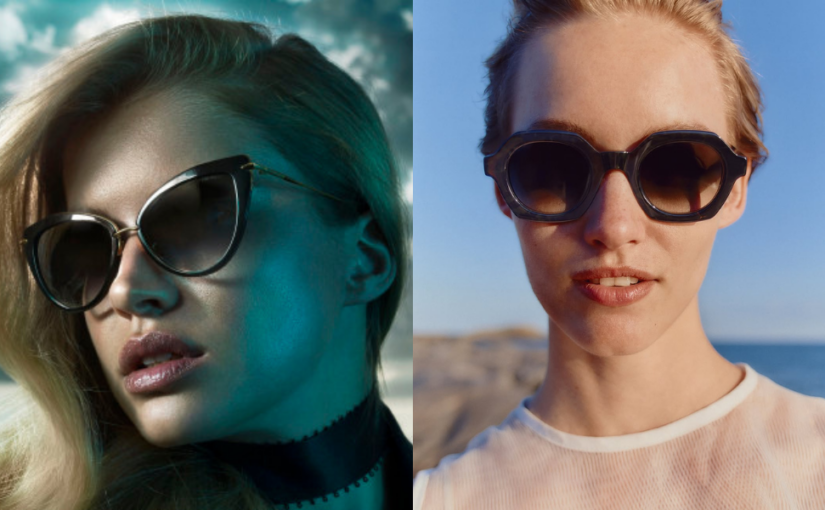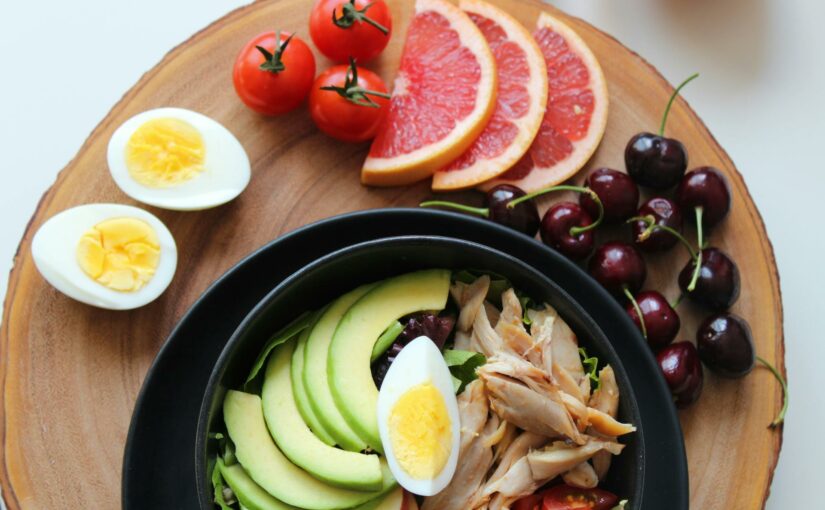At Lauder and Rees, we’ve been proud to serve the Paddington community for over 50 years, offering the broadest range of eyecare solutions tailored to your needs. Our commitment to quality and innovation means we don’t just help you see clearly—we help you protect your eyes for life. While many people focus on protecting their skin from the sun, it’s equally important to remember that your eyes need protection from harmful ultraviolet (UV) rays, too.
Sunlight contains invisible UV radiation, which can cause significant damage to your eyes over time. This damage can accumulate gradually, even on cloudy days when you might not feel the sun’s heat directly. Wearing UV-blocking lenses is one of the simplest and most effective ways to guard your vision from this invisible threat.
Why UV Protection Matters for Your Eyes
Here are five key reasons why UV-blocking lenses are an essential part of your daily eyewear:
1. Prevent Cataracts: Protect the Window to Your World
Cataracts are one of the leading causes of vision impairment worldwide. This condition occurs when the natural lens inside your eye becomes cloudy, causing blurred or dim vision. Research has shown that long-term exposure to UV rays can accelerate the development of cataracts. Wearing lenses that block 100% of UVA and UVB rays significantly lowers this risk, helping to preserve your vision as you age.
2. Protect Your Retina: Safeguard the Most Sensitive Part of Your Eye
Your retina is the light-sensitive tissue at the back of your eye that sends images to your brain. Damage to the retina can lead to serious eye conditions such as macular degeneration, which affects central vision and can severely impact your quality of life. UV radiation contributes to retinal damage, so UV-blocking eyewear acts as a shield, maintaining your eye health and helping prevent long-term vision loss.
3. Avoid Corneal Sunburn: Shield Your Eyes from Painful Irritation
Just like your skin, your eyes can get sunburned—a condition known as photokeratitis. This happens when the cornea, the clear front surface of your eye, is damaged by intense UV exposure. Symptoms include redness, pain, sensitivity to light, and a feeling of grit in the eyes. UV-blocking lenses protect the cornea, preventing this painful condition and reducing the risk of temporary vision problems.
4. Reduce Skin Cancer Risk: Protect the Sensitive Skin Around Your Eyes
The skin surrounding your eyes is thinner and more delicate than the rest of your face, making it especially vulnerable to UV damage. Prolonged exposure without protection can lead to skin cancers such as basal cell carcinoma and squamous cell carcinoma. Wearing sunglasses with full UV protection provides an important barrier, shielding this sensitive skin and reducing your risk of developing skin cancer around your eyes.
5. Stop Sun-Related Eye Growths: Prevent Unwanted and Harmful Growths on the Eye
Conditions such as pterygium—a fleshy growth that can spread over the white part of the eye—are linked to UV exposure. These growths can cause discomfort, redness, and in severe cases, affect your vision. Regular use of UV-blocking lenses helps minimize your risk by protecting the delicate tissues of the eye from sun damage.
Stylish Protection Starts at Lauder and Rees
At Lauder and Rees, located on Praed Street in Paddington, we combine decades of expertise with the latest technology to bring you eyewear that does more than just look good—it protects your eyes from harmful UV rays all year round.
Our extensive collection includes:
- Prescription sunglasses: Tailored to your vision needs with full UV protection.
- Non-prescription sunglasses: Perfect for everyday wear, designed to block 100% of UVA and UVB rays.
- Polarized lenses: Reduce glare and enhance visual clarity, ideal for driving and outdoor activities.
- Photochromic lenses: Adapt to changing light conditions, offering UV protection indoors and out.
Whether you’re searching for a classic look or the latest trendy frames, our expert team will help you find the perfect pair that fits your style and lifestyle.
Why Choose Lauder and Rees?
With over half a century of experience, Lauder and Rees is a trusted name in eyecare. We pride ourselves on:
- Personalized eye exams and consultations
- Comprehensive eyewear fittings
- Access to the latest lens technologies
- Friendly, knowledgeable staff committed to your eye health
Protecting your vision is a lifelong commitment, and we’re here to help you every step of the way.
Visit Us Today
Don’t wait until the damage is done. Protect your eyes stylishly and effectively with our UV-blocking eyewear. Visit our store on Praed Street, Paddington, to explore our full range and speak with our experts. BOOK NOW
Your eyes deserve the best care—and at Lauder and Rees, we’re proud to provide it for over 50 years.

